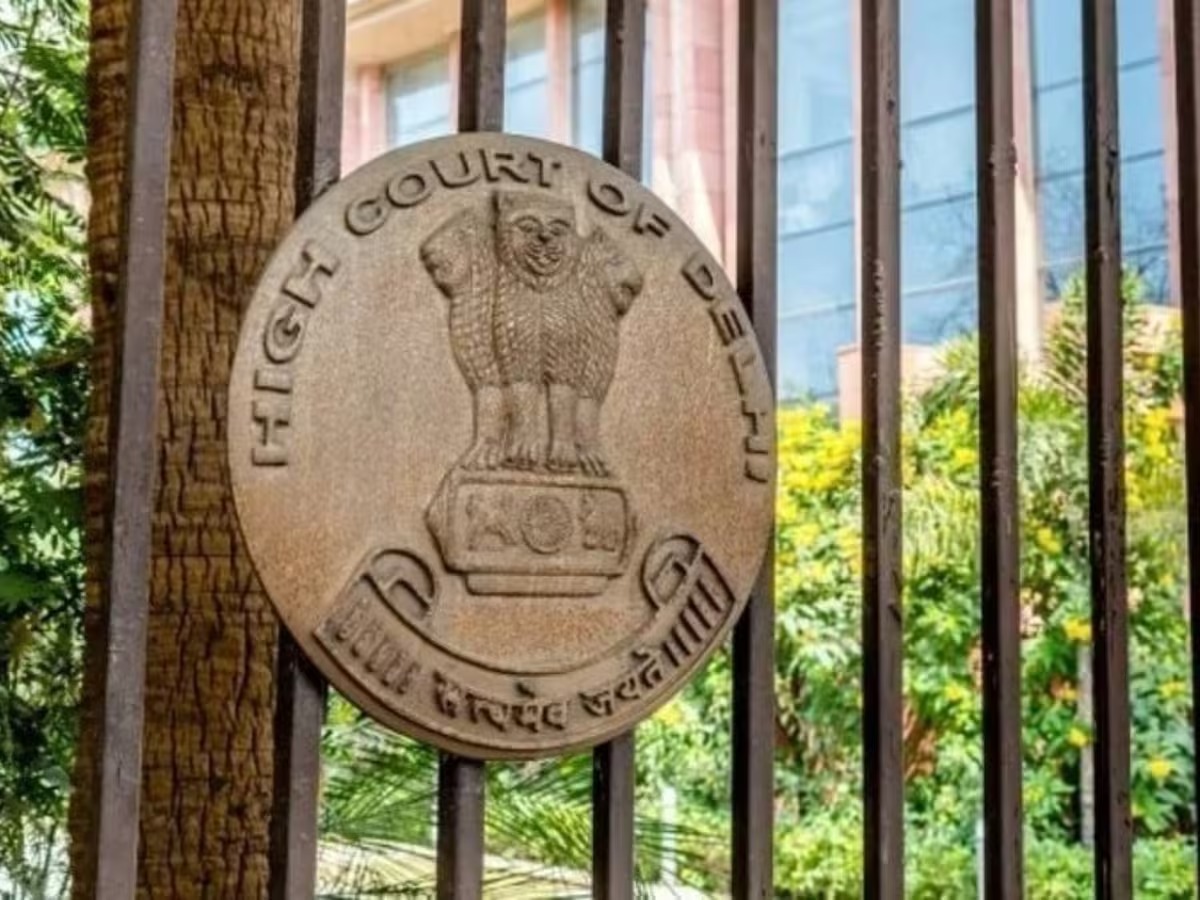Muhammad Rafiq and Piggott, JJ.@mdashThis appeal arises out of a suit brought by a Muhammadan widow to recover her dower-debt and legal share in the estate of her deceased husband, as also her wearing apparel or its value, which she alleged was retained by the defendants. The suit was brought against her two step-Sons called Wahid Khan and Majid Khan, She stated in her plaint that she was the second wife of Mehrab Khan, to whom she was married some six or seven years ago on a dower of Rs. 500, and that she lived with him until his death, which occurred on the 2nd of November, 1910. After his death her two step sons turned her out of the house, retaining all her personal goods and declining to give her any share in the estate of her deceased husband or to pay her dower-debt. The suit was resisted on various grounds. It was urged in defence that the plaintiff was not the lawfully married wife of Mehrab Khan, bud was his mistress, and that she herself had taken away articles worth Rs. 1,000 from the house, when Mehrab Khan died. The property in which she claimed a share was said to be the property of one of the sons of Mehrab Khan. The court of first instance decreed the claim in full. On appeal the learned Judge modified the decree as regards the claim to the legal share in the landed property. He held that the said property belonged to the defendant Wahid Khan. The defendants have come up in second appeal to this Court, and the only point urged before us is that the plaintiff was not legally married to Mehrab Khan. They said that the plaintiff was first married to a man of the name of Mahbub Ali, who never legally divorced her, and therefore she could not be lawfully married to Mehrab Khan This question was agitated in both the lower courts and was found against the defendants appellants on the evidence in the case. But it is contended that the question was not purely one of fact, but a mixed question of fact and law and can be raised in second appeal. The argument is that the plaintiff was admittedly married to Married Ali, but says that she was divorced by him almost immediately after the marriage, and that some time after the divorce she married Mehrab Khan. The evidence of the alleged divorce consists of the statements of two witnesses who say that in their presence Mahbub Ali divorced her. That evidence is not sufficient, because the witnesses do not say what words were used by Mahbub Ali when he pronounced the divorce, for unless such words are known it cannot be said whether the divorce was valid or not. It was for the plaintiff respondent to prove the validity of the divorce in order to succeed in her claim; and therefore it was incumbent on her to produce evidence with regard to the formula pronounced by her first husband Mahbub Ali. We are unable to agree with this contention. The parties to the present appeal are Sunnis and are governed by the Hanafia law. No special form or formula is prescribed for a divorce under the Hanafia law. All that the law requires is to see that the words of divorce pronounced by a husband should show a clear intention on his part to dissolve the contract of marriage. In the present case the two witnesses, whom the courts below have believed, depose that in their presence Mahbub Ali divorced Musammat Zainab, the plaintiff respondent. It was for the defendants to cross-examine the witnesses as to the words used by the husband when pronouncing the divorce in order to show that the words used were insufficient and incomplete to support a valid divorce. We think that the lower courts were right in holding that the divorce of the plaintiff by Mahbub Ali was proved. The appeal, therefore, fails and is dismissed with costs.
Zainab Bibi Vs Wahid Khan and Another
Bench: Division Bench
Result Published
Judgement Snapshot
Hon'ble Bench
Piggott, J; Muhammad Rafiq, J
Final Decision
Dismissed
Judgement Text
Translate:

